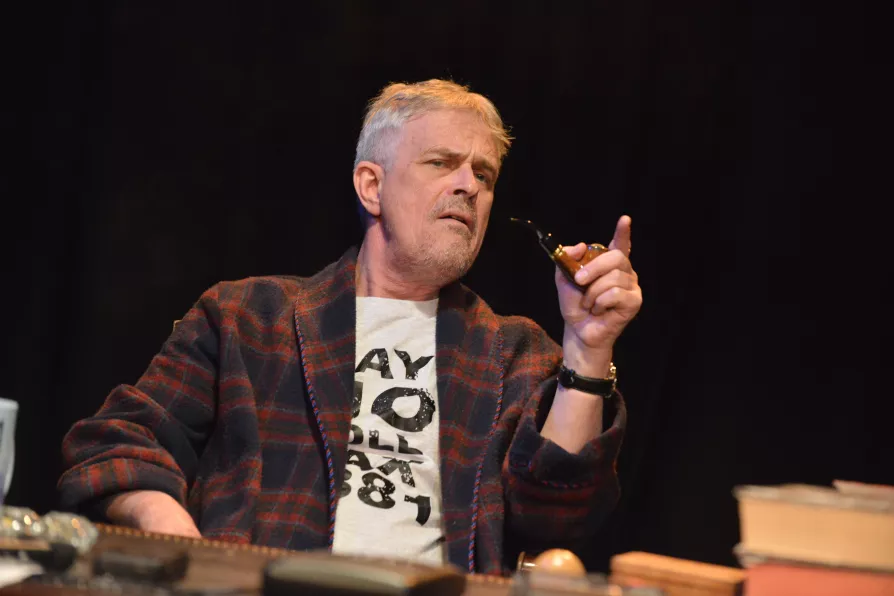New releases from The Orb, Meredith Monk, and Marconi Union
‘Will we see his like again?’
That is the question for actor PHILIP BRETHERTON, playing Tony Benn in a dramatisation of the great man’s diaries

 Philip Bretherton in Tony's Last Tape
[Robert Day]
Philip Bretherton in Tony's Last Tape
[Robert Day]
FANATICAL diarist though he was, it’s somehow fitting that Tony Benn chose to tape his recollections rather write them down — there was, after all, no better way for the remarkably gifted orator to record his thoughts for posterity.
Those dispatches from the front line of the British left, spanning some six decades and more, constitute a monumental archive of listening pleasure.
Similar stories

SUSAN DARLINGTON is bowled over by an outstanding play about the past, present and future of race and identity in the US

MARY CONWAY admires an accomplished drama that explores the consequences of a fatal punch on a desolate housing estate












